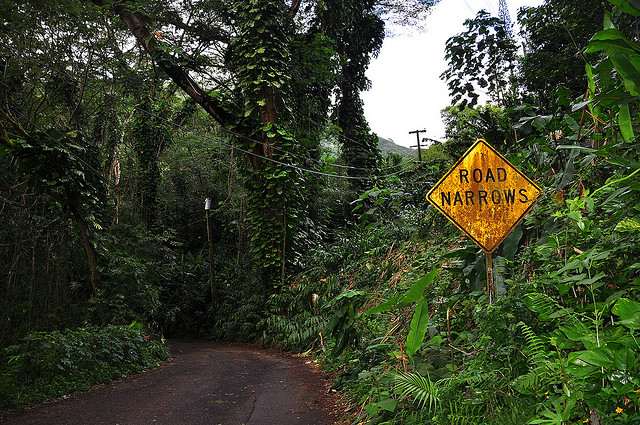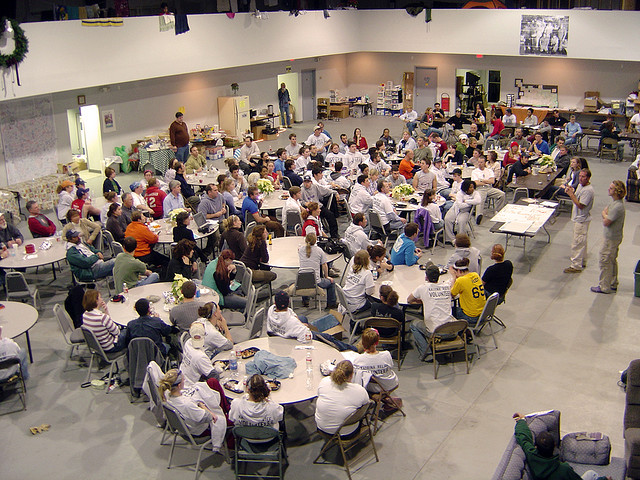
Through Narrow Places
One of my favorite “King James phrases” comes from the book of Philippians, where Paul wrote, “I am in a strait betwixt two” (1:23). The ESV puts it the entire verse this way:
I am hard pressed between the two. My desire is to depart and be with Christ, for that is far better.
In context, Paul was writing from a prison cell and considering the possible ending of his life. His attitude is amazing. If he dies, that’s “far better,” because he gets to be with Christ. If, however, his life is spared (which it was this time), he would get to continue working for the Lord and might even be able to see this beloved congregation again.
But Paul wasn’t the only one in Scripture pressed between a rock and hard place.
Every time you read the name “Egypt” after the Exodus, it has the same idea.
You see, the word “Egypt” was a place name, but it was also used of the people there, and the term literally meant “double straits.” One modern-day rabbi preached a sermon on this one term, calling it “God Leads Through Narrow Places.” He then went on to talk about how God had led the people out of a strait (Egypt), through a strait (the waters of the Red Sea), and “straight” to the Promised Land.
Isn’t that just like God?
We only see a little sliver of our lives. We often only see narrow places, and sometimes we cannot see a way out of our difficulty. But God leads us through narrow places. He leads us out of our straits, and if we will follow Him through every strait of life, He will lead us straight to our Promised Land.
Thanks be to God for narrow places!
QUESTION: What “narrow places” has God led you through in your life? Encourage us with your story in the comments.
—————————–
Photo credit: halfthinkery on Creative Commons
To receive our blog posts via rss, click here. To subscribe via email, click here.





